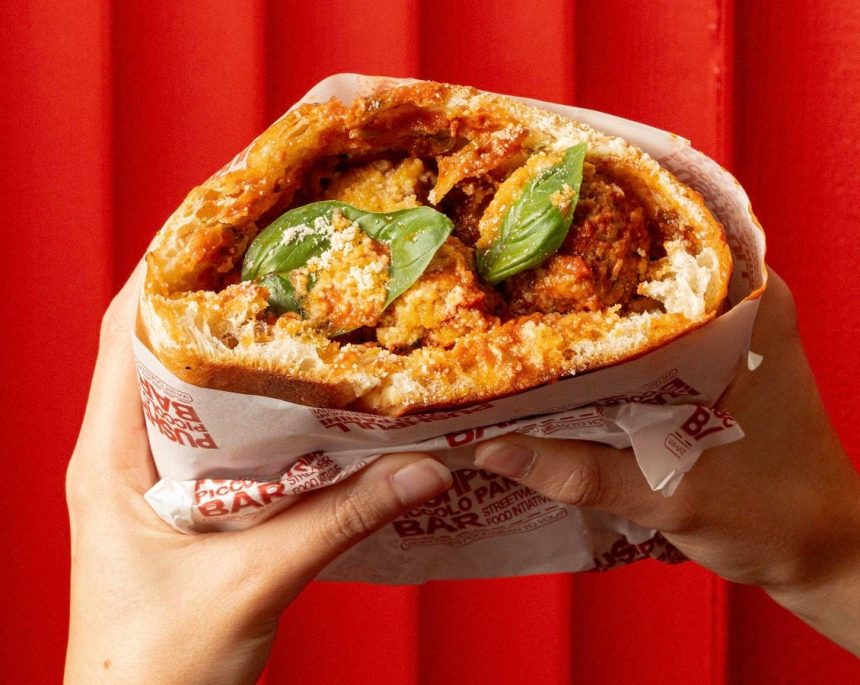The Australian Open, held at Melbourne Park, transcends the typical tennis tournament, transforming into a sprawling, vibrant festival attracting over 90,000 visitors daily. This massive site, more than double the size of any other Grand Slam venue, dedicates significant space to entertainment, leisure, and, crucially, a diverse culinary experience that showcases the best of Australian cuisine. The organizers strategically curate a selection of food vendors, offering a mix of returning favorites and exciting new additions to keep the experience fresh and engaging for repeat visitors. This dynamic approach reflects Melbourne’s rich food culture, positioning the Australian Open not only as a sporting event but also as a celebration of culinary delights. This festival atmosphere is carefully cultivated across various designated areas within the grounds, fostering a sense of community and shared enjoyment beyond the tennis courts.
The food offerings at the Australian Open are a carefully orchestrated blend of established vendors and innovative pop-ups, designed to cater to the diverse tastes of the vast crowds. While Levy Restaurants manages the concessions within the main stadium concourses, Tennis Australia takes the reins for the expansive grounds, aiming to represent the nation’s culinary diversity and accessibility. The organizers prioritize highlighting Australian cuisine, ensuring a wide range of price points while maintaining a high standard of quality. The event also serves as a platform for smaller, local businesses to gain exposure and experience in large-scale event catering. This dual approach provides both established favorites and novel culinary discoveries, enhancing the overall festival ambiance.
A key element of the Australian Open’s food strategy is the development of signature items unique to the tournament. The AO Frappe, a grab-and-go iced coffee, and the Peach Melbourne, a locally-sourced peach and raspberry soft serve, exemplify this approach. These exclusive offerings not only cater to the preferences of the Melbourne crowd but also create a sense of anticipation and a memorable experience tied specifically to the event. The Peach Melbourne’s remarkable sales growth over the years demonstrates the success of this strategy, highlighting the public’s appetite for unique, event-specific treats.
Collaboration with local restaurants is another cornerstone of the Australian Open’s culinary program. Established Melbourne eateries like Piccolo Panini Bar are invited to participate, often creating special menu items exclusively for the tournament. This partnership benefits both the event and the participating vendors. The event gains access to popular local flavors, while the vendors receive invaluable exposure to a massive audience, boosting their brand recognition and providing experience in high-volume event catering. This collaborative approach further emphasizes the Australian Open’s commitment to showcasing the best of Melbourne’s culinary scene.
Beyond the general admission offerings, the Australian Open also caters to a premium clientele with exclusive dining experiences. The Riverside Social club, for instance, features renowned Australian chefs Grant Simillie and Blake Shailes, who bring their Los Angeles-based restaurant, Grandmaster Recorders, to Melbourne. Their menu, utilizing Australian summer ingredients and featuring dishes like a caviar cannoli with locally sourced caviar, offers a sophisticated culinary journey tailored to the discerning palate. This premium offering enhances the overall experience for high-end attendees, providing an elevated level of dining within the tournament’s vibrant atmosphere.
The Australian Open’s commitment to diversity extends beyond culinary offerings, encompassing social impact initiatives as well. Each year, the tournament partners with a mission-based brand, providing them with a platform to promote their cause. Past examples include a First Nations popcorn stand and, in 2025, All Things Equal, a social enterprise promoting the inclusion of workers with disabilities. This focus on social responsibility adds another layer of meaning to the event, demonstrating a commitment to community engagement and positive social impact alongside the sporting and culinary aspects of the tournament. This inclusive approach further solidifies the Australian Open’s position as not just a world-class sporting event, but also a significant cultural happening that resonates with diverse audiences and promotes important social values.



